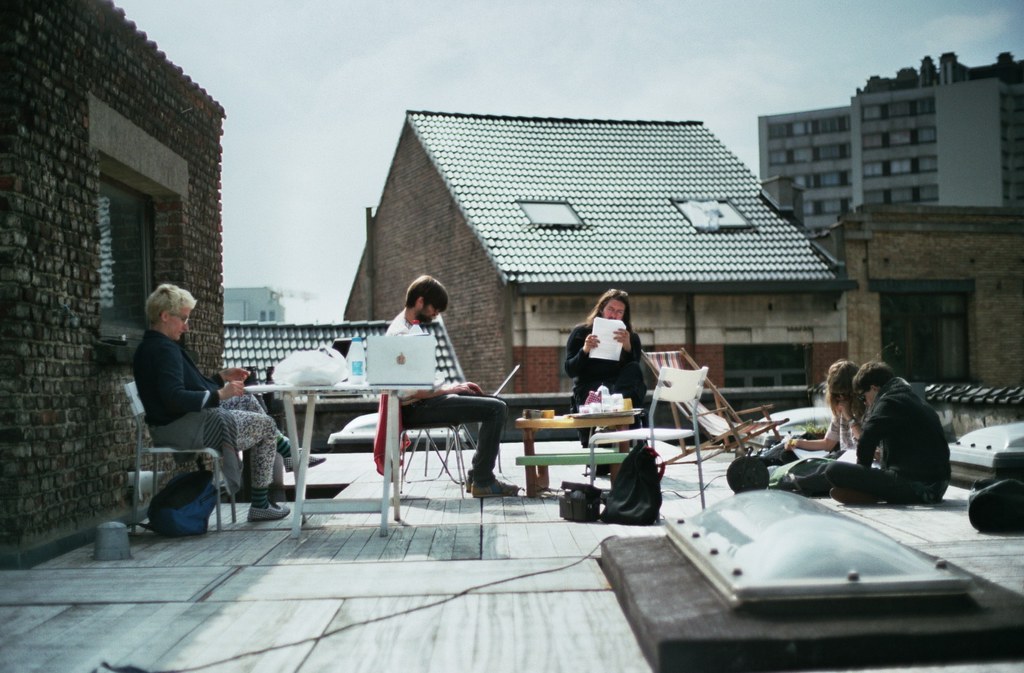
The idea of independent-yet-collective work fits perfectly in a highly liveable, liberal city, the likes of which are San Francisco, Seattle, Vancouver, Prague, New York, London, Melobourne, Brisbane, Barcelona, Budapest, etc. These cities also boast with a generally positive attitude that encourages community interaction.
But do not be fooled by the big names – coworking in small towns can be a very different experience to that in larger, more anonymous cities, as small towns have a denser social network. Quite often coworkers in smaller towns are older, earn more money and prefer smaller coworking spaces.
Freelancing is becoming the norm; it’s mostly restricted to graphic designers, programmers and a few creative workers but we’re looking forward to its spreading onto other professions. For those who launch out solo,coworking spaces offer a supportive network.
What it means for companies is that it is making it both possible and affordable (sometimes even cheaper) to rent a desk at a coworking space where your respective employees live, thus cutting the cost and time spent on commuting. With more time and money for their private lives, employees are happier and more productive and the company loses nothing, thanks to modern tools provided through cloud computing.
How it’s possible? Read more on “Mobility best practice in connected workspaces: tiered access at Google“.
Coworking is here to stay. The trend shaping the future of work is growing at an incredible pace.

